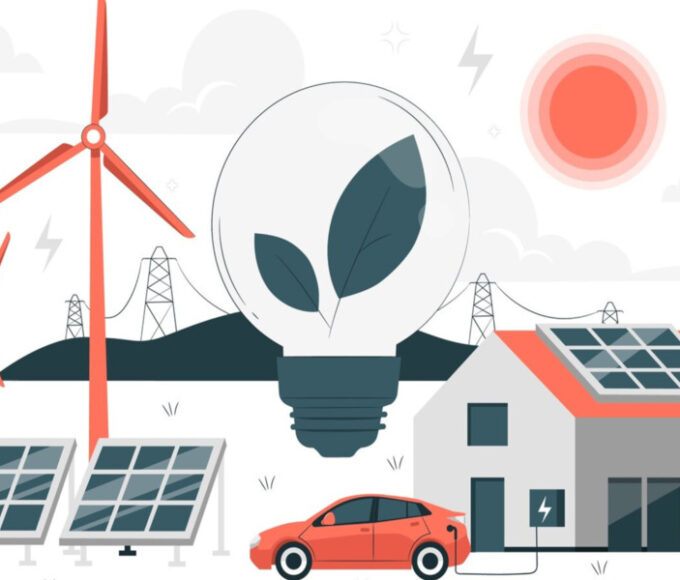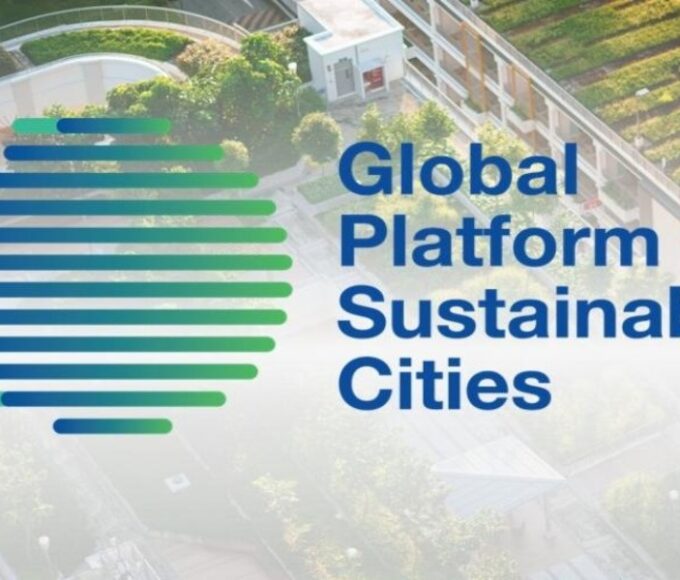Top 8 Car Trends in 2025: Shaping the Future of the Automotive Industry

The automotive industry is undergoing a remarkable transformation, with new technologies, shifting consumer preferences, and environmental concerns driving innovation. As we move into 2025, several key trends are emerging that are set to reshape the future of the automotive world.
From electric vehicles (EVs) to advanced driver-assistance systems (ADAS), the next wave of car trends promises to make driving safer, more sustainable, and increasingly tech-driven.
1. Electric Vehicles Take Center Stage
Electric vehicles continue to dominate the automotive landscape in 2025, with nearly every major automaker unveiling new EV models. As environmental awareness grows and governments impose stricter emissions regulations, EV adoption is accelerating. Innovations in battery technology, such as solid-state batteries, are leading to vehicles with longer ranges and faster charging times. Major manufacturers like Tesla, Volkswagen, and Ford are expanding their EV lineups, while startups are introducing affordable alternatives, making electric cars more accessible to a broader audience.
Additionally, the push for carbon neutrality is prompting automakers to focus on reducing the environmental impact of the entire production process, from sustainable manufacturing practices to ethical sourcing of materials.
2. Autonomous Driving Advancements
Self-driving technology is steadily advancing, with 2025 marking a significant leap toward fully autonomous vehicles. While fully driverless car trends are still a work in progress, many vehicles are now equipped with advanced driver-assistance systems (ADAS) that offer semi-autonomous features like lane-keeping, automatic braking, and adaptive cruise control. These systems are becoming more sophisticated and widely available, contributing to enhanced safety and convenience.
Companies like Waymo, Tesla, and Cruise are making significant strides in autonomous technology, focusing on refining algorithms, enhancing sensors, and ensuring that vehicles can navigate complex urban environments with minimal human intervention.
The transition to fully autonomous vehicles is expected to revolutionize transportation, impacting everything from ride-hailing services to personal car ownership.
3. Connected Cars and the Rise of In-Vehicle Technology
Car trends in 2025 are becoming more connected than ever before. In-car technology is rapidly evolving, with vehicles increasingly becoming mobile hubs for entertainment, communication, and navigation. Integrating smartphones and smart home systems into vehicles allows for a seamless connection between drivers and their daily lives.
In addition to entertainment systems, many cars are now equipped with voice assistants, real-time traffic updates, and intelligent navigation systems that provide personalized routes based on driving habits. Furthermore, manufacturers are adding more in-car AI features, which offer predictive maintenance, remote diagnostics, and improved user experiences.
4. Subscription-Based and Flexible Ownership Models
As car ownership trends change, so do the ways people access vehicles. In 2025, subscription-based services are gaining popularity as an alternative to traditional car ownership. Companies like Volvo and Porsche are offering flexible subscription models that allow consumers to pay a monthly fee for access to a variety of cars without the long-term commitment of purchasing or leasing.
These services typically include maintenance, insurance, and other perks, making it easier for consumers to experience different types of vehicles without the hassle of ownership. This trend is particularly attractive to younger consumers who value flexibility and a more sustainable approach to transportation.
5. Sustainable Materials and Eco-Friendly Manufacturing
Sustainability is not only about the powertrain but also about the materials used in manufacturing vehicles. Automakers are increasingly using sustainable materials, such as recycled plastics, plant-based fabrics, and biodegradable components. Manufacturers like BMW, Ford, and Mercedes-Benz are focusing on creating eco-friendly interiors using materials like vegan leather and recycled textiles, offering consumers a greener alternative to traditional car interiors.
The emphasis on eco-friendly manufacturing extends to the production process itself, with automakers adopting energy-efficient manufacturing practices and sustainable supply chain management. By using renewable energy sources and focusing on reducing waste, the automotive industry is working towards making car production more environmentally responsible.
6. EV Charging Infrastructure Expansion
One of the biggest hurdles to widespread EV adoption has been the limited charging infrastructure. However, 2025 marks a period of rapid expansion for EV charging networks. Both public and private sectors are investing heavily in increasing the number of fast-charging stations, making it more convenient for EV owners to charge their vehicles.
New charging technologies, such as ultra-fast chargers, are also reducing charging times significantly, allowing drivers to recharge their cars in a fraction of the time it took previously. This expansion of charging infrastructure is expected to eliminate one of the main barriers to EV adoption, making electric cars a more practical choice for consumers.
7. Car Sharing and Mobility as a Service (MaaS)
The rise of car-sharing platforms and Mobility as a Service (MaaS) is another significant trend in 2025. Consumers are increasingly opting for shared transportation options rather than owning a car, especially in urban areas where parking is limited and traffic congestion is a constant issue. Companies like Zipcar and Turo are growing in popularity, allowing users to rent cars on a short-term basis for specific needs.
This shift toward car-sharing and MaaS is part of a broader trend towards sustainable and efficient transportation. By sharing vehicles and relying on services like ride-hailing and public transportation, people can reduce their carbon footprints and save money on the costs of car ownership.
8. Hydrogen-Powered Vehicles
While electric vehicles are dominating the market, hydrogen-powered cars are also gaining traction in 2025. Hydrogen fuel cell technology offers the promise of zero-emissions driving with quick refueling times and long driving ranges, making it an appealing option for those who need a vehicle with high performance and long-distance capabilities.
Automakers like Toyota and Hyundai are already producing hydrogen-powered models, and the infrastructure for hydrogen refueling stations is slowly expanding. While still in the early stages of adoption, hydrogen-powered cars could play a significant role in the future of sustainable transportation.
Global Leaders View
As we move into 2025, the automotive industry is on the verge of major innovation. With electric vehicles, autonomous driving, connected car technology, and new ownership models, the future of the automobile is becoming increasingly sustainable, tech-driven, and consumer-focused. These trends are not just shaping the cars of tomorrow—they’re transforming the way we drive and interact with our vehicles. As technology advances and consumer preferences evolve, the automotive industry is poised for a revolution that will reshape transportation for years to come.
Visit Latest Interviews
Recent Posts
Related Articles
Why You Should Think About Your Domain Extension Before You Think About The Name?
Think of your domain extension like a surname—it wraps up your web...
ByGlobal Leaders ViewAugust 19, 2025Germany’s ‘Energiewende’ Initiative: A Vision for a Sustainable Future
Germany’s ambitious energy transition, known as the Energiewende, aims to shift the...
ByGlobal Leaders ViewJanuary 27, 2025Global Platform on Sustainable Cities Established
In a groundbreaking move toward addressing the challenges of urbanization and climate...
ByGlobal Leaders ViewJanuary 27, 2025Singapore’s Green Urbanism Initiatives
Singapore, known for its modern skyline and bustling urban environment, is also...
ByGlobal Leaders ViewJanuary 27, 2025















Leave a comment